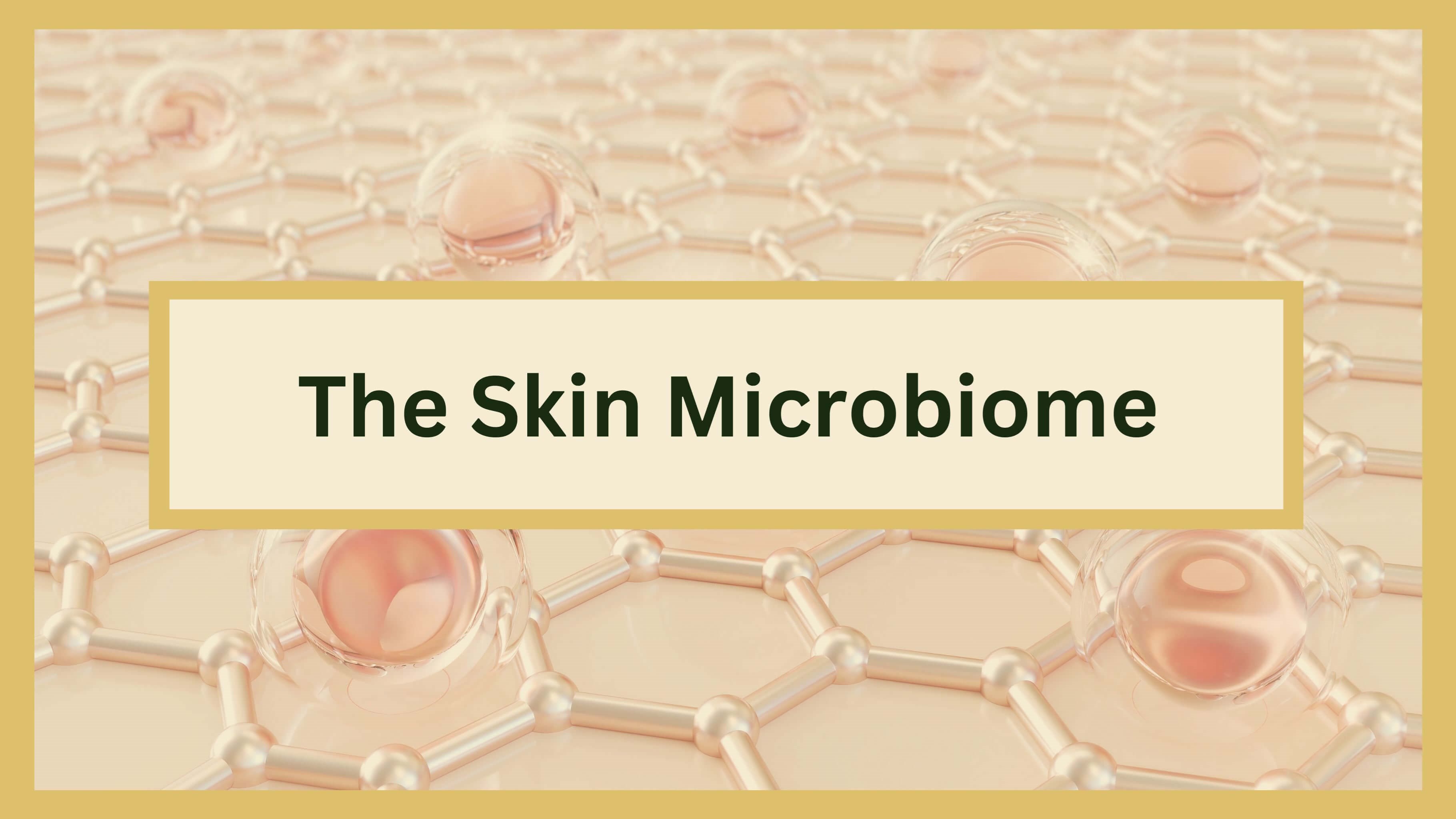The Skin Microbiome: Your Skin's Ecosystem
&srotate=0)
Imagine your skin as a bustling metropolis, teeming with life and activity, where trillions of tiny residents work tirelessly to keep everything in balance. This microscopic community, known as the skin microbiome, plays a crucial role in maintaining the health and appearance of your skin. Just like a diverse ecosystem in nature, the skin microbiome consists of a complex network of bacteria, fungi, viruses, and other microorganisms that live on the surface and in the deeper layers of your skin. Understanding how this ecosystem operates, and how disruptions can affect your skin, is key to achieving healthy, radiant skin. Let's delve into the fascinating world of the skin microbiome and discover how it influences our skin health.
What You Need to Know
The skin microbiome refers to the diverse community of microorganisms that live on our skin. Just like our gut microbiome affects digestion, there are necessary bacteria on our skin playing a vital role in protecting against infections, maintaining moisture, and regulating inflammation in order to maintain a strong skin barrier.
Role in Skin Health
The microbiome produces antimicrobial peptides that fight harmful pathogens, preventing infections. It also helps maintain skin hydration by metabolizing sweat and oils into beneficial substances like fatty acids and glycerol. Furthermore, a balanced microbiome regulates the immune response, which is crucial for managing conditions such as acne and eczema. When there's dysfunction in the metropolis (skin microbiome), it can result in worsening of these conditions. Dr. Doktor's favorite microbiome friendly brands include Avène and La Roche Posay, both derived from microflora sourced in thermal spring water in France.
Disruptions and Skin Conditions
Various factors can disrupt the delicate balance of the skin microbiome. Harsh cleansers, antibiotics, environmental pollutants, and even diet can upset this equilibrium, leading to skin issues such as acne flare-ups, eczema outbreaks, or increased sensitivity.
Probiotic Skincare
In recent years, probiotic skincare has emerged as a promising avenue for restoring and maintaining a healthy skin microbiome. Probiotic skincare products contain live beneficial bacteria that can help replenish and support the skin's natural microbiota. These products may include strains like Lactobacillus, known for their ability to strengthen the skin barrier, reduce inflammation, and enhance overall skin resilience.
When choosing probiotic skincare, opt for products with scientifically validated strains and effective delivery systems to ensure the bacteria remain viable and active on the skin.
Maintaining a Healthy Skin Microbiome
To promote a balanced and resilient skin microbiome, consider incorporating these practices into your skincare routine:
Gentle Cleansing
Use mild cleansers that respect the skin's natural pH balance and avoid harsh chemicals that could disrupt the microbiome.
Regular Moisturization
Hydrate your skin regularly to support moisture levels and create a favorable environment for beneficial microorganisms.
Balanced Diet
Incorporate probiotic-rich foods like yogurt, kefir, and fermented vegetables into your diet. These foods can positively influence both gut and skin microbiomes.
Consult a Dermatologist
For personalized skincare advice and treatment options tailored to your skin's needs, consult a dermatologist who understands the importance of the skin microbiome in maintaining skin health.
Conclusion
The skin microbiome represents a fascinating and essential aspect of our skin's health and well-being. By understanding its role in protecting against pathogens, maintaining hydration, and regulating inflammation, we can take proactive steps to support and nurture this natural ecosystem. Whether through probiotic skincare products or mindful skincare practices, fostering a healthy skin microbiome can lead to clearer, more resilient skin and a radiant complexion.
Embrace the symbiotic relationship between your skin and its microscopic inhabitants—they're working diligently to keep you looking and feeling your best.